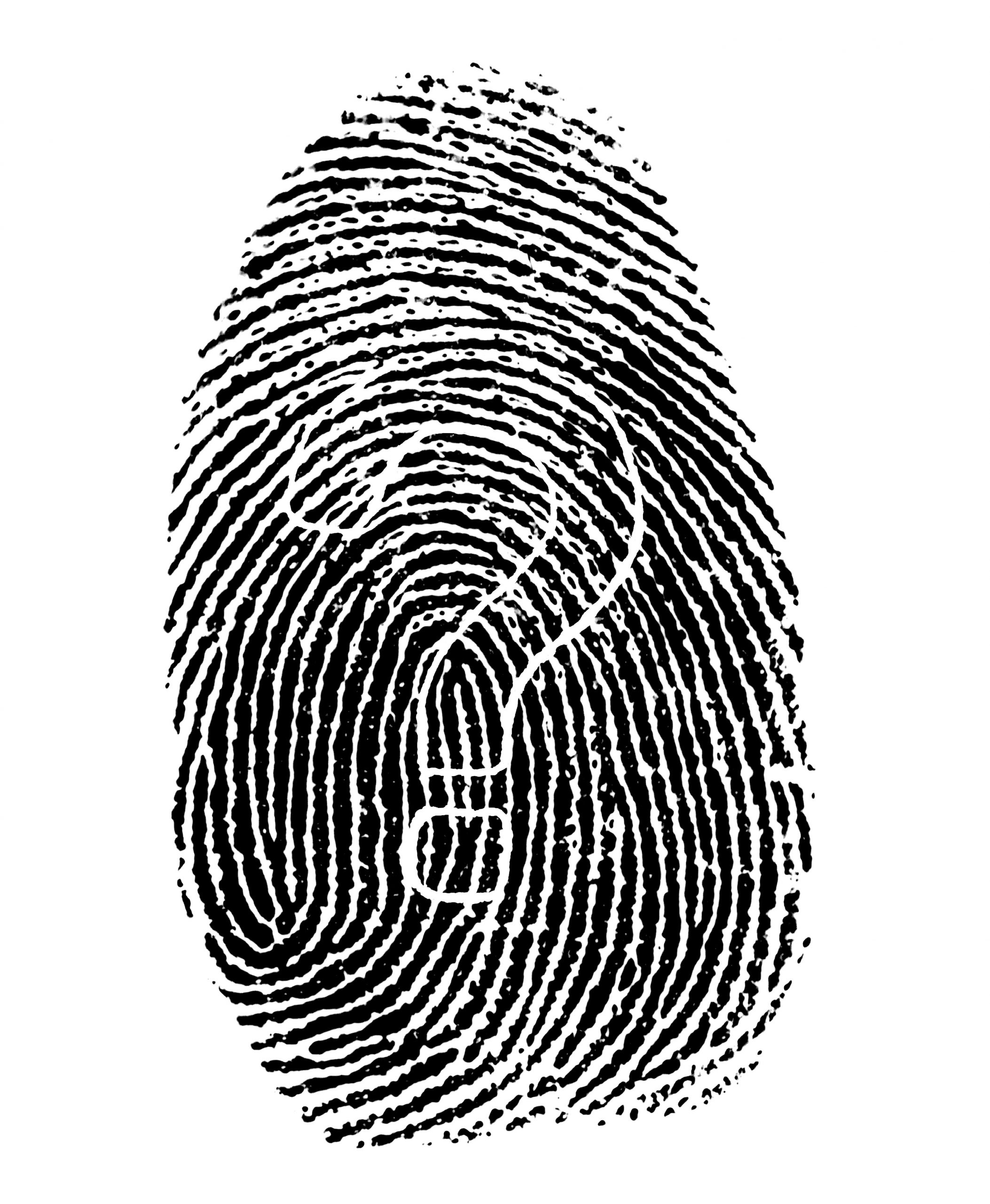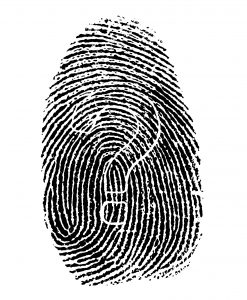 By: Jeff Cohen
By: Jeff Cohen
Passage of the new and comprehensive Florida addiction treatment industry legislation (CS/CS/HB 807) will send addiction treatment facility management relationships back to the drawing board. Prior to the new law, some DCF licensed facilities were managed by management companies, some of which were owned by people who either did not qualify to be on the DCF license or who did not want to be visible on the license.
The new addiction treatment law requires all such arrangements to be reconsidered. Here’s why: There are several sections in the new law where management is the subject of intensive focus. Newly created 397.410 requires DCF to establish minimum licensure requirements for each service component limited in part to the number and qualifications of all personnel, including management. Newly created 397.415(1)(d)1 authorizes DCF to deny, suspend or revoke licensure of any license based on a “false representation of a material fact in the licensure application or omission of any material fact from the application.” Finally, 397.415 creates an entire category of potentially punishing fines and, in some cases, exposure to criminal prosecution.
The new law will create heavy regulatory suspicion for any non-transparent management relationship, even a third party relationship. Worse, it’s conceivable that any suspicious or arguably noncompliant relationship could form the basis for recoupment by insurers. When the state Health Care Clinic Law was created some years ago, payers took advantage of situations where facilities that required a license but didn’t have one. Under a threat of insurance fraud (e.g. an unlicensed healthcare facility receiving compensation for services), some payers were able to extract huge recoupments.
Any DCF licensed facility with a third party management relationship needs to reconsider it in light of the new addiction treatment law. Moreover, all interested parties should pay close attention to (and monitor and participate in) the new law’s rulemaking process which began at the end of June.
CLICK HERE for: SUBSTANCE ABUSE MARKETING SERVICE PROVIDER LICENSE APPLICATION
 State licensed addiction treatment facilities with licenses that include community housing are confused about whether they have to also be certified by the Florida Association of Recovery Residences (FARR) by July 1, 2018. Attorney Karina Gonzalez has filed a petition with the Department of Children and Families (DCF) to clarify the issue. A fairly recent state law (397.4873, Fla. Stat.) requires addiction treatment service providers in Florida to refer clients only to recovery residences certified by FARR.
State licensed addiction treatment facilities with licenses that include community housing are confused about whether they have to also be certified by the Florida Association of Recovery Residences (FARR) by July 1, 2018. Attorney Karina Gonzalez has filed a petition with the Department of Children and Families (DCF) to clarify the issue. A fairly recent state law (397.4873, Fla. Stat.) requires addiction treatment service providers in Florida to refer clients only to recovery residences certified by FARR.


 By:
By:  By:
By: 

 By:
By:  By:
By: